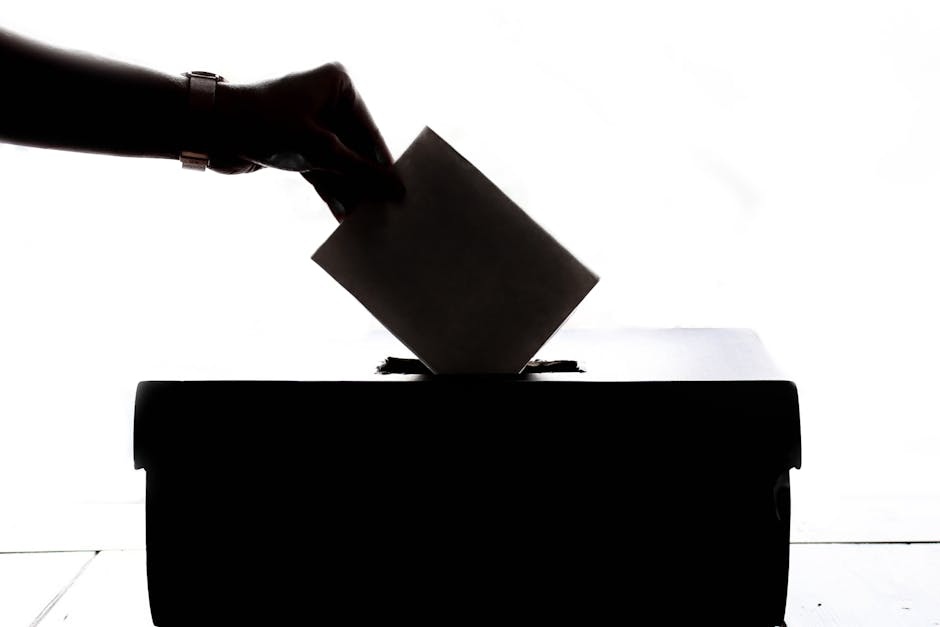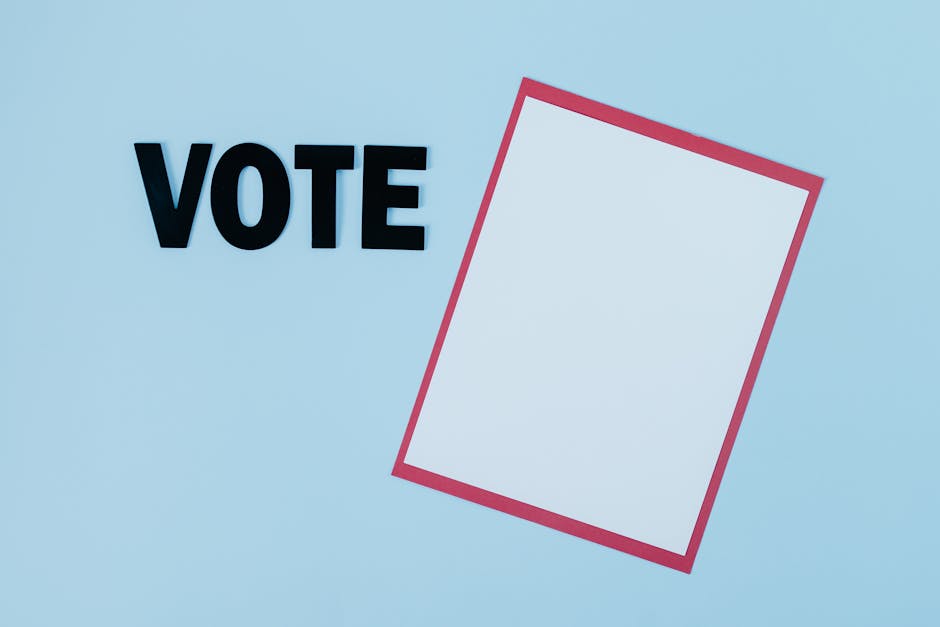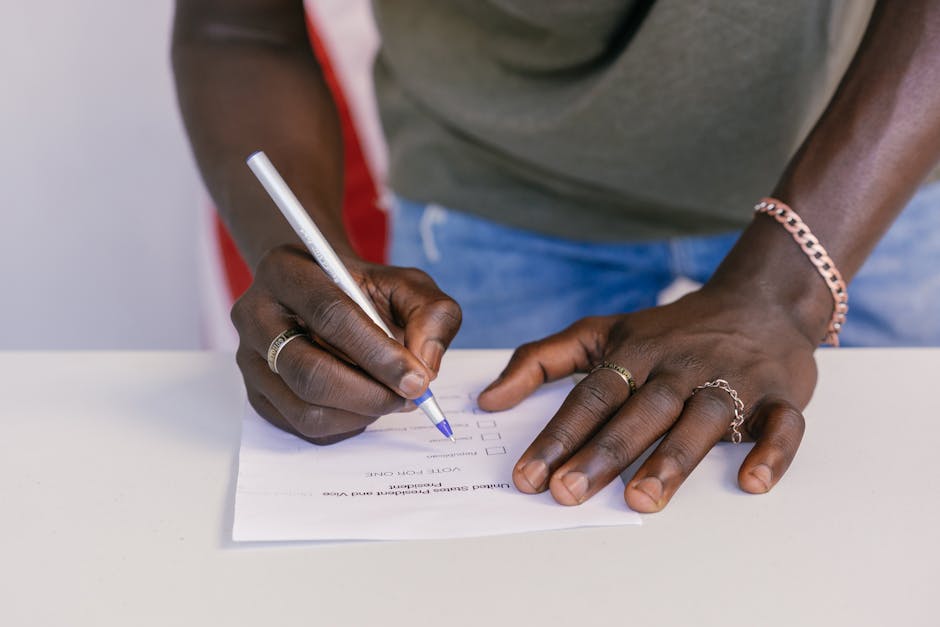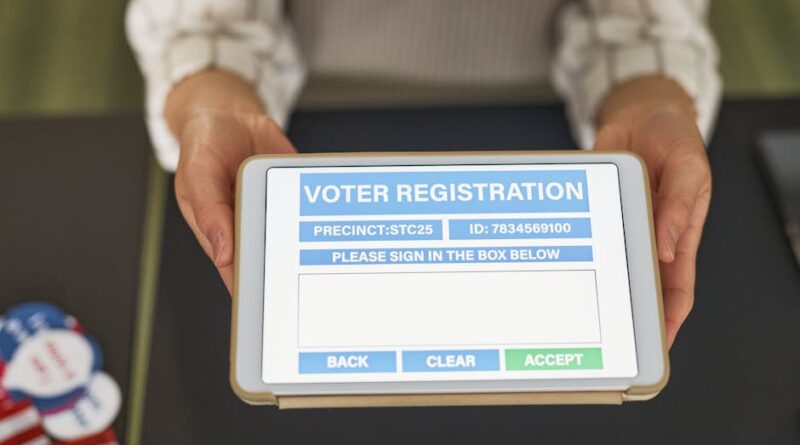Voter ID Laws: Pros and Cons
Did you know that more than 30 states in the U.S. have laws requiring voters to show identification at the polls? This topic sparks much debate among citizens, lawmakers, and experts alike. Some see these laws as vital for election security, while others believe they create unnecessary barriers. Lets break it down.
What Are Voter ID Laws?

Voter ID laws require individuals to present a form of identification before they can vote. This ID can be a driver’s license, a state-issued ID, or sometimes even a passport. The idea is to ensure that each vote cast is legitimate.
For example, if you show up at a polling place, you may need to hand over your ID, just like you would when boarding a plane or checking into a hotel. This process aims to prevent fraud, but it can also lead to confusion and frustration for voters.
Why Do Some Support Voter ID Laws?

Supporters of voter ID laws argue that they help protect the integrity of elections. Here are some reasons why they believe these laws are important:
- Preventing Fraud: Advocates argue that requiring ID prevents people from voting multiple times or impersonating another voter.
- Boosting Confidence: Having a system in place that verifies voter identity can make citizens feel more secure about election outcomes.
- Standardization: Voter ID laws create a uniform process across polling places, making the voting experience smoother.
In a 2020 survey, nearly 75% of registered voters supported some form of voter identification law, according to the National Conference of State Legislatures. This shows a strong desire for accountability in the voting process.
What Are the Downsides of Voter ID Laws?

While there are strong arguments for voter ID laws, opponents raise several concerns:
- Voter Suppression: Critics argue that these laws can disenfranchise eligible voters, particularly among minorities, the elderly, and low-income individuals who may lack the required identification.
- Cost and Accessibility: Obtaining an ID can be expensive and time-consuming for some. This can include costs for traveling to ID offices and fees for documents.
- Fraud is Rare: Studies, including one by the Brennan Center for Justice, show that voter impersonation is extremely rare in the U.S., leading some to question the need for ID laws at all.
How Do Voter ID Laws Impact Voter Turnout?

One of the most significant impacts of voter ID laws is on voter turnout. Studies suggest that strict ID laws can lead to lower participation rates. This is especially true among groups that are less likely to have IDs, such as young voters and people of color.
In fact, a report from the U.S. Government Accountability Office found that states with strict voter ID laws saw a decrease in turnout by 2-3%. This might seem small, but it can mean thousands of voices going unheard in a close election.
What Are the Types of Voter ID Laws?
Not all voter ID laws are created equal. They can vary widely from state to state. Heres a quick overview:
- Strict ID Required: Voters must show a specific form of ID, or they cannot vote. If they don’t have it, they usually must vote provisionally and take steps to verify their identity afterward.
- Non-Strict ID Requested: Voters are asked to show ID, but if they don’t have one, they can still vote by signing an affidavit or providing other information.
- No ID Required: Some states allow voters to cast their ballots without showing any ID at all.
This variety can be confusing for voters. You may live in a state with strict requirements and not know until it’s too late. Always check your states laws before heading to the polls.
What Do Experts Say About Voter ID Laws?
Experts on election law often have mixed opinions about voter ID laws. Some argue they are necessary for maintaining the integrity of the electoral process. Others highlight the potential for disenfranchisement.
Dr. Jennifer D. Miller, a political scientist, states, While the intention behind voter ID laws is to safeguard elections, we must consider the potential consequences they have on eligible voters. Her research indicates that the laws disproportionately affect marginalized communities.
How Can Voters Prepare for ID Requirements?
Preparing for voter ID requirements can help ensure you don’t face obstacles on Election Day. Here are some practical steps you can take:
- Know Your States Laws: Research what forms of ID are acceptable in your state.
- Check Your ID Status: Make sure your ID is valid and not expired.
- Plan Ahead: If you need to obtain an ID, do it well in advance of the election. Check what documents are required to get one.
Being prepared can make the voting process smoother and less stressful.
What Are Alternative Solutions?
Some advocates suggest alternative solutions to address concerns about voter fraud without strict ID laws. Here are a few ideas:
- Same-Day Registration: Allowing voters to register on Election Day can help those who may not have proper ID but are eligible to vote.
- Public Education Campaigns: Educating voters about what IDs are required and how to obtain them can reduce confusion.
- Using Technology: Some states are exploring using technology to verify identities without requiring physical IDs.
These solutions aim to balance the need for security with the importance of accessibility.
What Can You Do?
You may be wondering how you can get involved in this important issue. Here are some actionable steps:
- Stay Informed: Keep up with local and national news about voting laws in your area.
- Engage with Local Leaders: Share your thoughts with elected officials about the impact of voter ID laws.
- Encourage Others to Vote: Help friends and family understand the voting process and ID requirements.
Your voice matters! By staying informed and advocating for fair voting practices, you can contribute to a more inclusive electoral process.
Conclusion: Finding Balance in Voting Rights
Voter ID laws spark passionate debate on both sides. On one hand, they aim to protect our elections. On the other hand, they can create hurdles for voters. Understanding the pros and cons is essential in todays political landscape.
As voters, we must advocate for practices that ensure both integrity and accessibility. By doing so, we help build a democracy where every eligible voice is heard. For more information on voting rights and changes in legislation, visit the Brennan Center for Justice.



